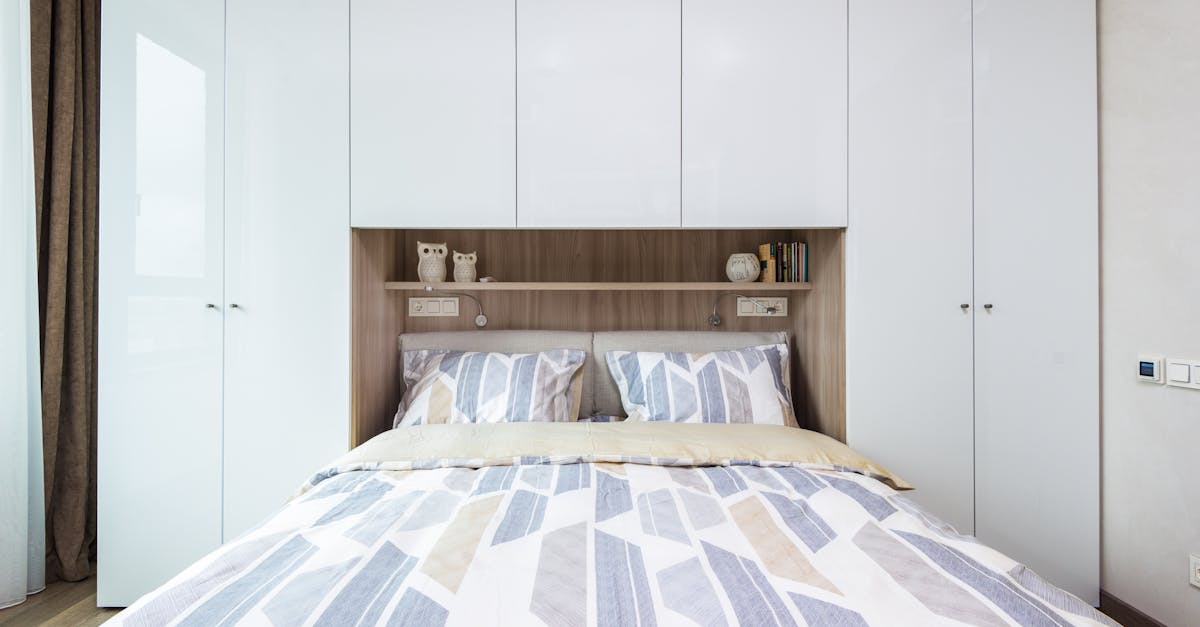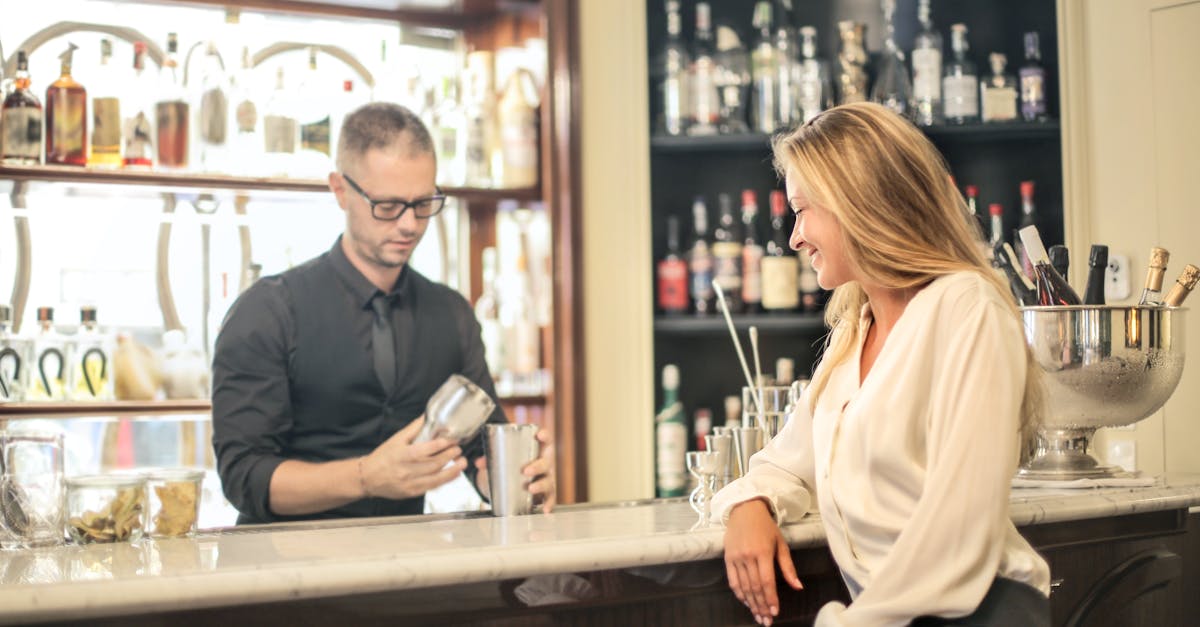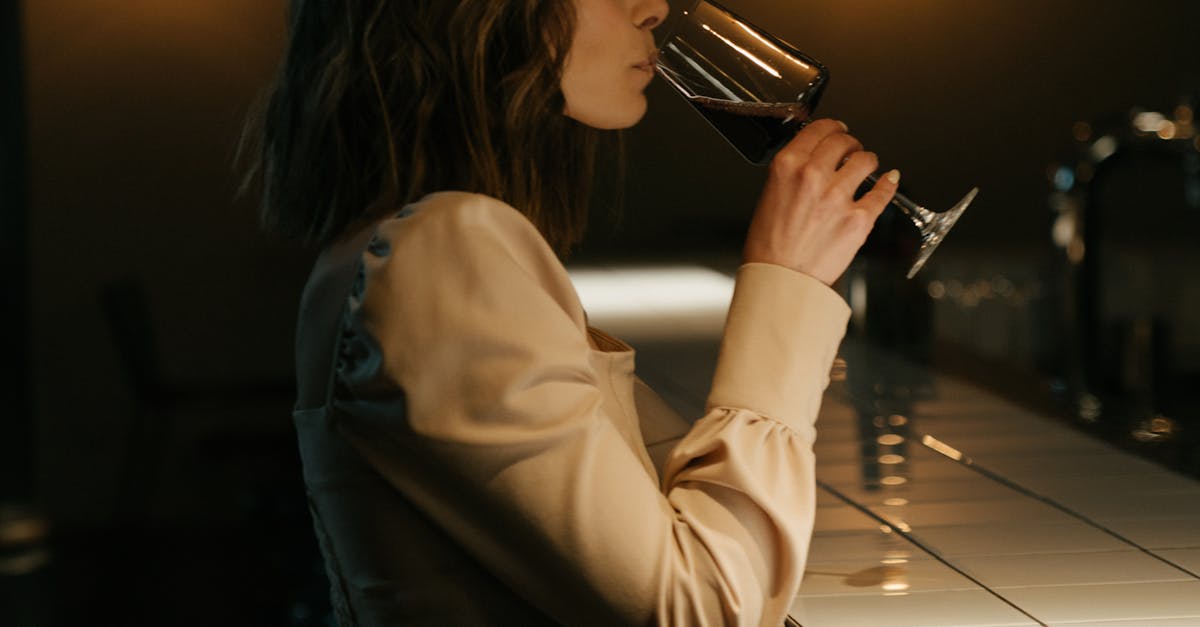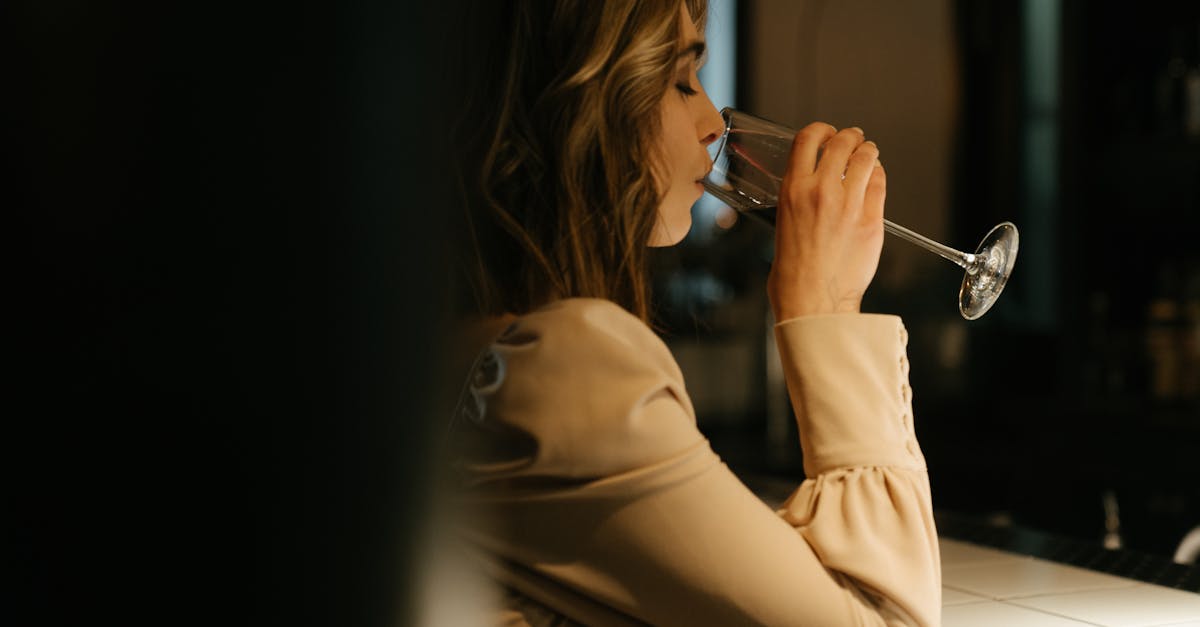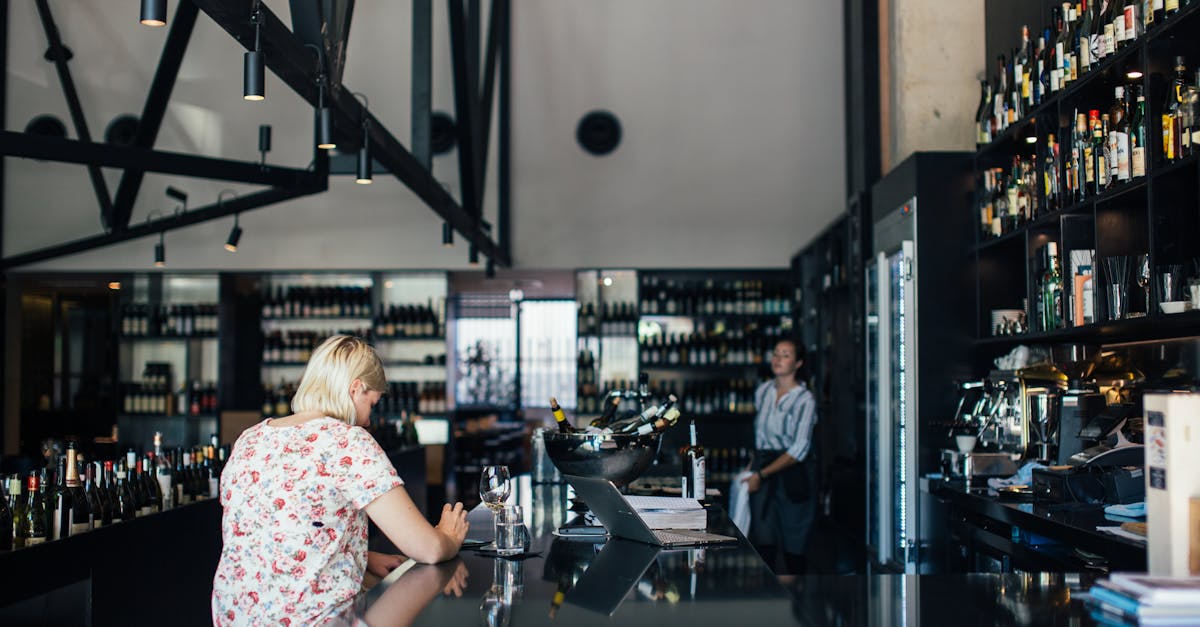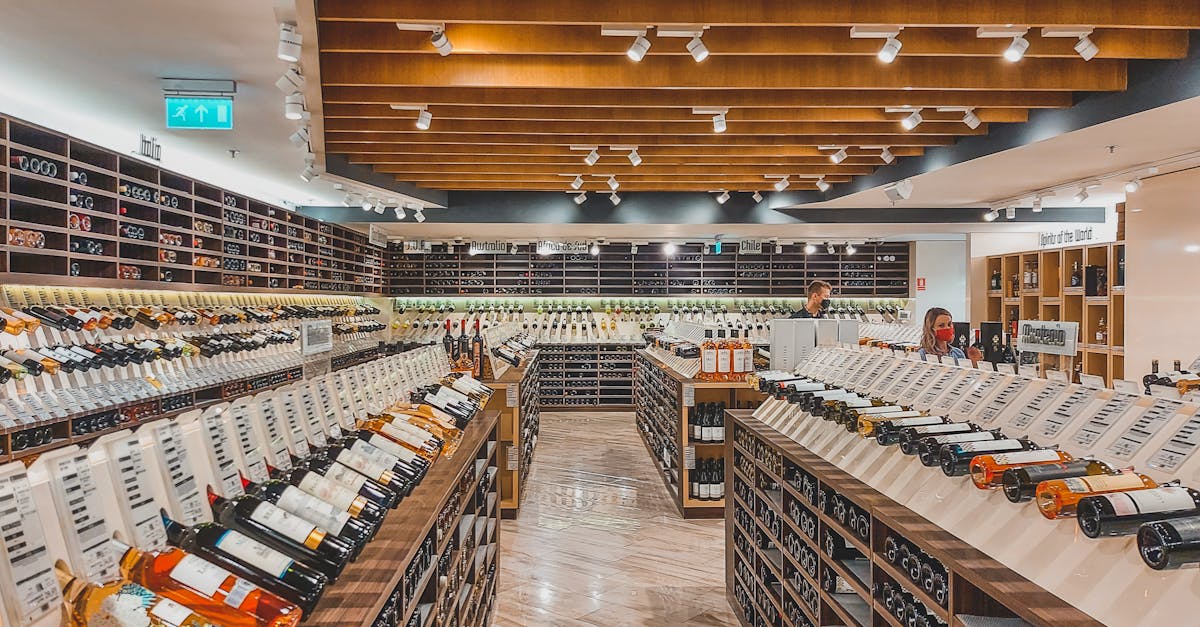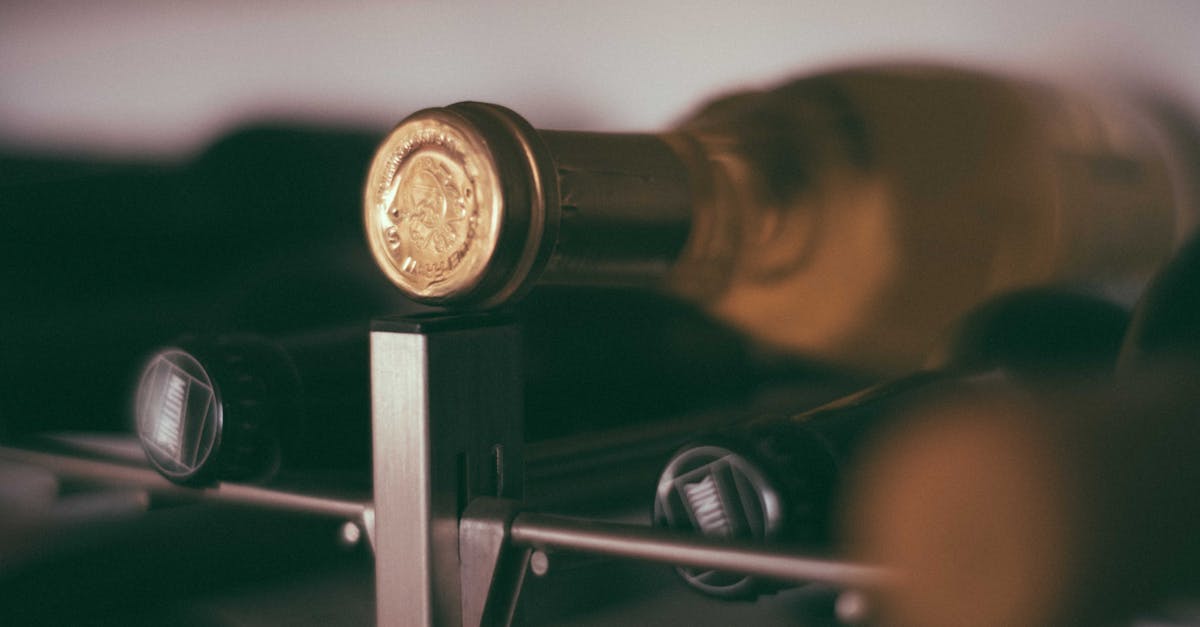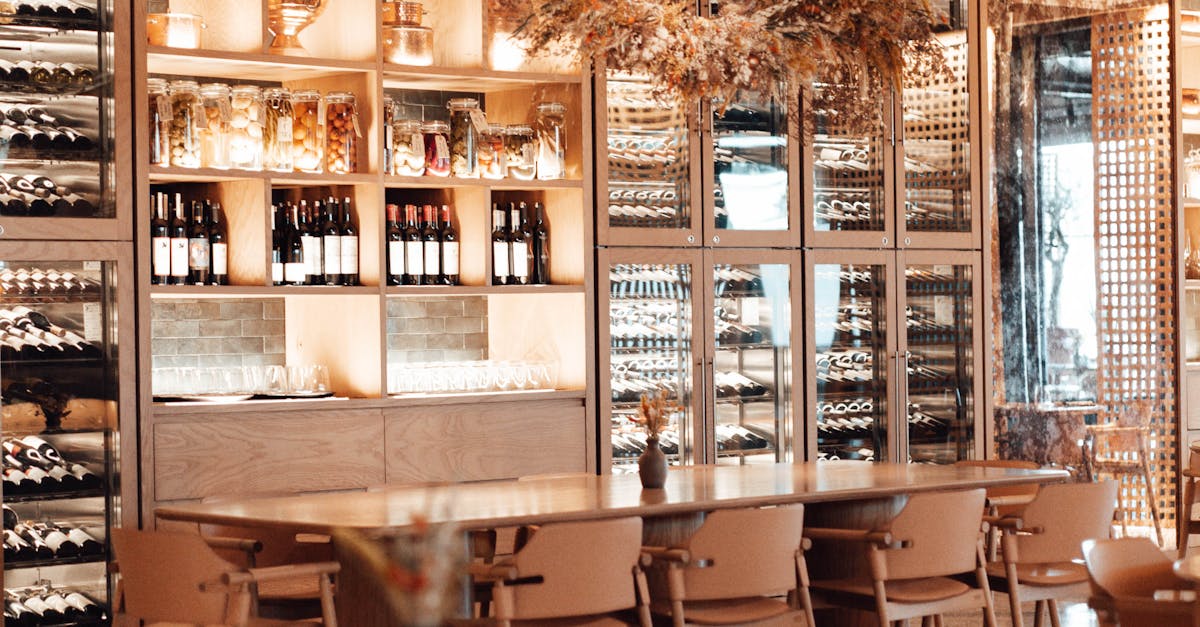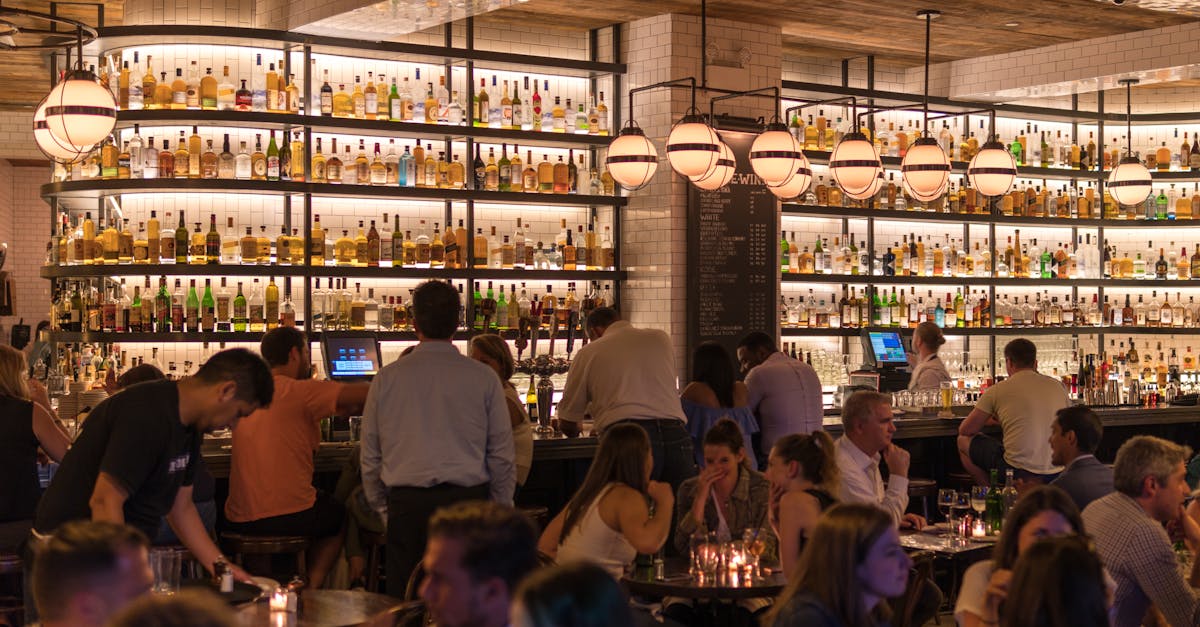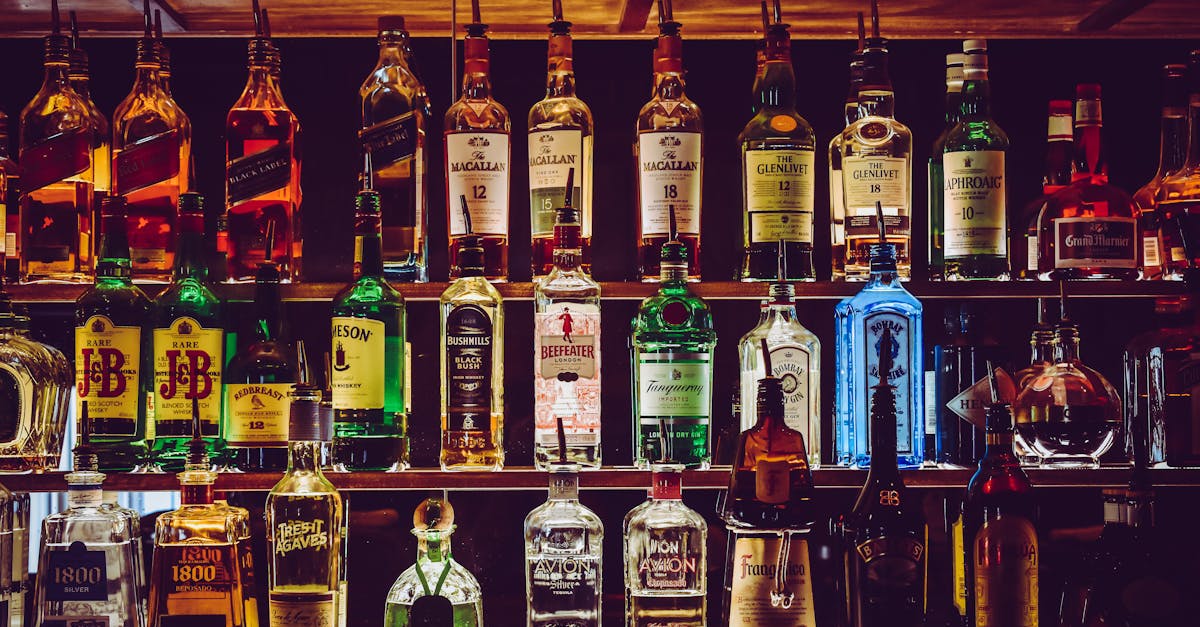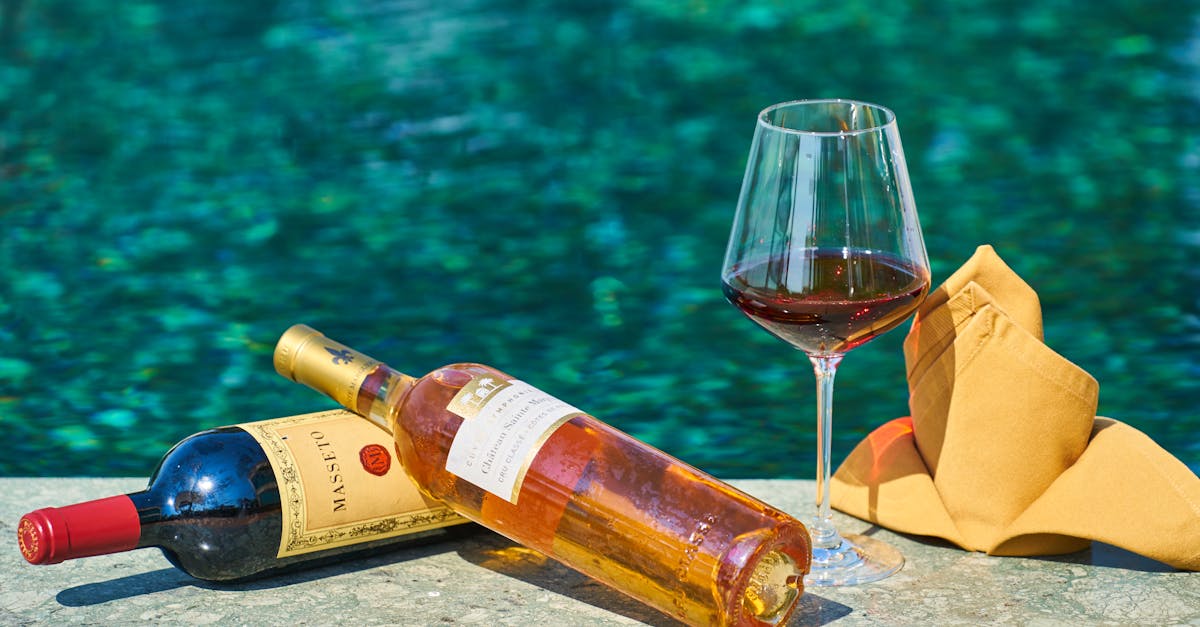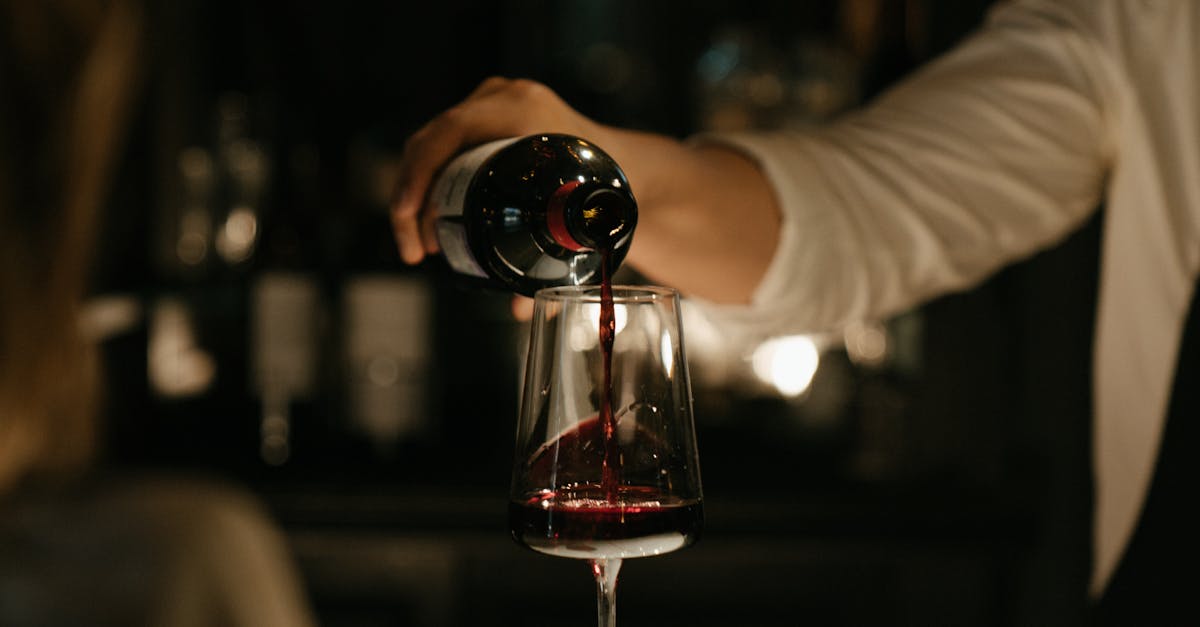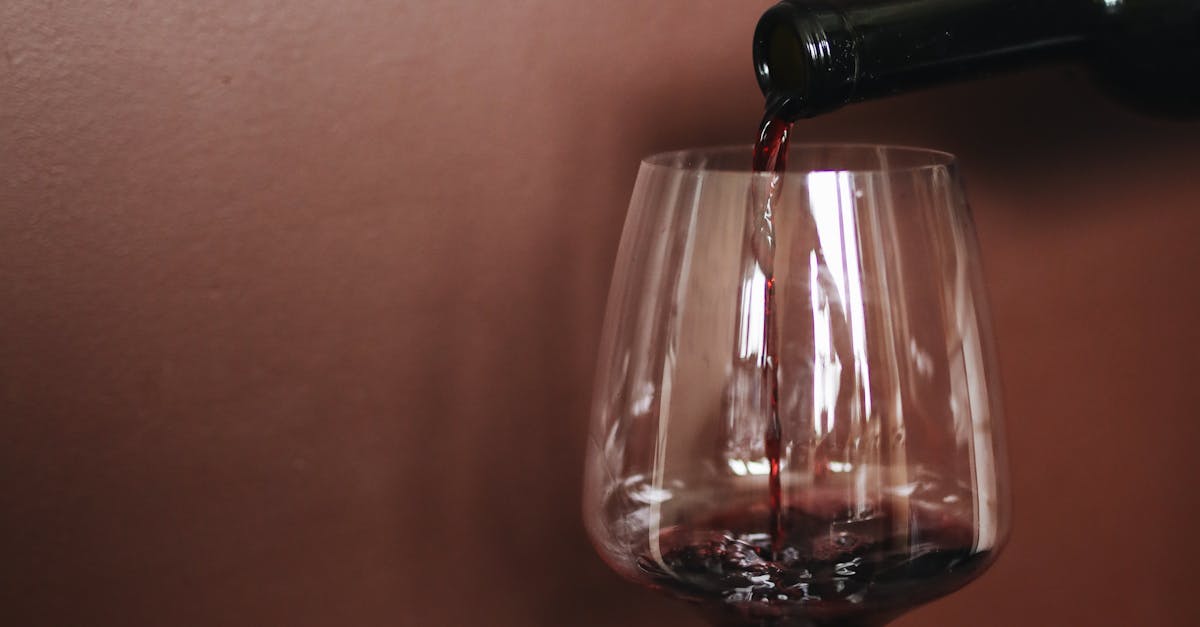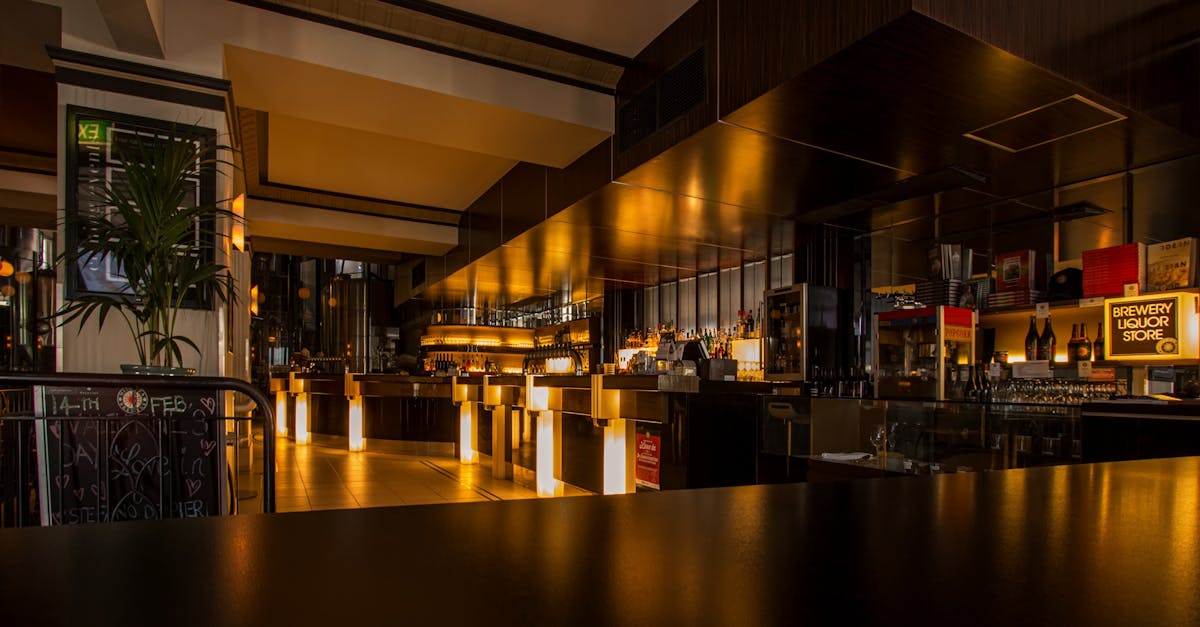
Table Of Contents
Stable Environment
Stable environment is crucial for proper wine storage, ensuring that wines age gracefully without any detrimental effects. Custom Bars and Wine Cellars emphasizes the importance of maintaining consistent temperature and humidity levels in the cellar. Fluctuations in these conditions can lead to premature aging, oxidation, or potential microbial spoilage of the wines. Therefore, it is imperative to invest in a reliable cooling and humidity control system to create an optimal environment for storing your precious bottles.
Additionally, controlling light exposure is essential in maintaining a stable environment for wines. Ultraviolet rays present in sunlight can degrade wine quality by causing chemical reactions that result in off-flavors and aromas. Custom Bars and Wine Cellars recommends keeping wine bottles away from direct sunlight or fluorescent lights to prevent any light-induced damage. By prioritizing a stable environment with regulated temperature, humidity, and light exposure, wine enthusiasts can ensure their collection matures flawlessly over time.
Avoiding fluctuations in temperature and humidity levels
Maintaining stable temperature and humidity levels is essential for preserving the quality of wines stored in cellars. Fluctuations in these conditions can adversely impact the aging process and compromise the overall taste and aroma of the wine. Custom Bars and Wine Cellars emphasizes the importance of controlling these variables to create an optimal environment for wine storage.
By avoiding extreme changes in temperature and humidity, wine enthusiasts can ensure that their prized bottles mature gracefully. Custom Bars and Wine Cellars recommend keeping the cellar temperature around 55 degrees Fahrenheit, with a relative humidity level of 70-75%. These conditions offer an ideal setting for wines to develop and mature naturally, resulting in a more refined and balanced flavor profile over time.
Correct Bottle Orientation
When it comes to storing wine in your cellar, bottle orientation plays a crucial role in maintaining the overall quality of your collection. Custom Bars and Wine Cellars emphasize the importance of positioning your wine bottles correctly to minimize sediment disturbance when handling. By storing your bottles horizontally rather than vertically, you ensure that the cork remains in contact with the wine, preventing it from drying out and allowing for a proper seal.
Moreover, keeping your wine bottles in a horizontal position helps prevent the formation of air pockets inside the bottle, which can lead to oxidation and spoilage. This horizontal orientation also allows for the gradual and consistent aging of the wine, ensuring that the flavors develop harmoniously over time. Custom Bars and Wine Cellars recommend investing in wine racks or shelving units that support the bottles securely in a horizontal position, providing a stable and optimal storage environment for your valuable wine collection.
Positioning bottles to minimize sediment disturbance when handling
Positioning bottles to minimize sediment disturbance when handling is crucial in maintaining the quality of wines stored in cellars. Custom Bars and Wine Cellars recommend placing bottles on specialized racks that allow them to rest horizontally. This orientation ensures that the wine comes in minimal contact with the cork, preventing it from drying out and letting oxygen in, which could affect the taste and aroma of the wine.
Moreover, when handling wine bottles, it is advisable to move them gently and avoid unnecessary shaking or rotating. By doing so, sediment that naturally forms in wines, especially in older vintages, settles at the bottom undisturbed. This sediment, though harmless, can cloud the wine and alter its taste if agitated. Following these guidelines for bottle positioning and handling helps maintain the integrity of the wine and enhances the overall drinking experience.
Protection from Vibrations
Protection from vibrations is a crucial aspect of storing wines in a cellar. The delicate chemical balance of wines can be easily disrupted by constant movement or shaking, which can ultimately affect the quality of the wine. Custom Bars and Wine Cellars recommend keeping wines away from sources of vibrations, such as appliances, generators, or HVAC systems that produce continuous humming or vibrating noises. It is essential to ensure that the storage area is a serene environment, free from any disruptive motions that could disturb the sediment and aging process of the wines.
Maintaining a quiet and undisturbed environment for wines in the cellar is imperative for preserving their flavors and aromas over time. Custom Bars and Wine Cellars advise positioning wine bottles in a way that minimizes any potential disturbance to the sediments when handling them. By avoiding unnecessary movements and vibrations in the storage area, wine enthusiasts can safeguard the integrity of their collection and allow the wines to mature gracefully, enhancing their overall drinking experience.
Keeping wines away from sources of constant movement or shaking
When storing wines in a cellar, it is essential to consider the impact of vibrations on the aging process. Custom Bars and Wine Cellars emphasize the significance of keeping wines away from sources of constant movement or shaking. Vibrations can disturb the sediment in the bottle, affecting the flavor and quality of the wine over time. Therefore, it is crucial to place wine bottles in a location where they are not susceptible to frequent vibrations.
By safeguarding wines from vibrations, wine enthusiasts can maintain the integrity of their collections and ensure that each bottle reaches its full potential. Custom Bars and Wine Cellars recommend storing wines in a stable environment that is free from disturbances that could compromise the aging process. Proper storage conditions not only preserve the quality of the wine but also enhance its overall taste and aroma as it matures gracefully in the cellar.
FAQS
What is the importance of maintaining a stable environment in a wine cellar?
Keeping a stable environment in a wine cellar is crucial to ensure that the wine ages properly and does not get affected by temperature or humidity fluctuations.
Why is it necessary to avoid fluctuations in temperature and humidity levels in a wine cellar?
Fluctuations in temperature and humidity can lead to premature aging or spoilage of wines, hence it is essential to maintain consistent conditions for proper wine storage.
How does correct bottle orientation contribute to ideal storage conditions for wines in a cellar?
Storing wine bottles on their sides helps keep the cork moist and in contact with the wine, preventing it from drying out and allowing air to enter the bottle.
Why is it important to position bottles to minimize sediment disturbance when handling in a wine cellar?
Minimizing sediment disturbance helps preserve the wine's flavor and quality, ensuring that the sediment remains settled at the bottom of the bottle instead of mixing with the liquid.
How does protecting wines from vibrations contribute to the ideal storage conditions in a cellar?
Vibrations can disturb the aging process of wines and affect their quality, so it is important to keep wines away from sources of constant movement or shaking to ensure proper storage conditions.
